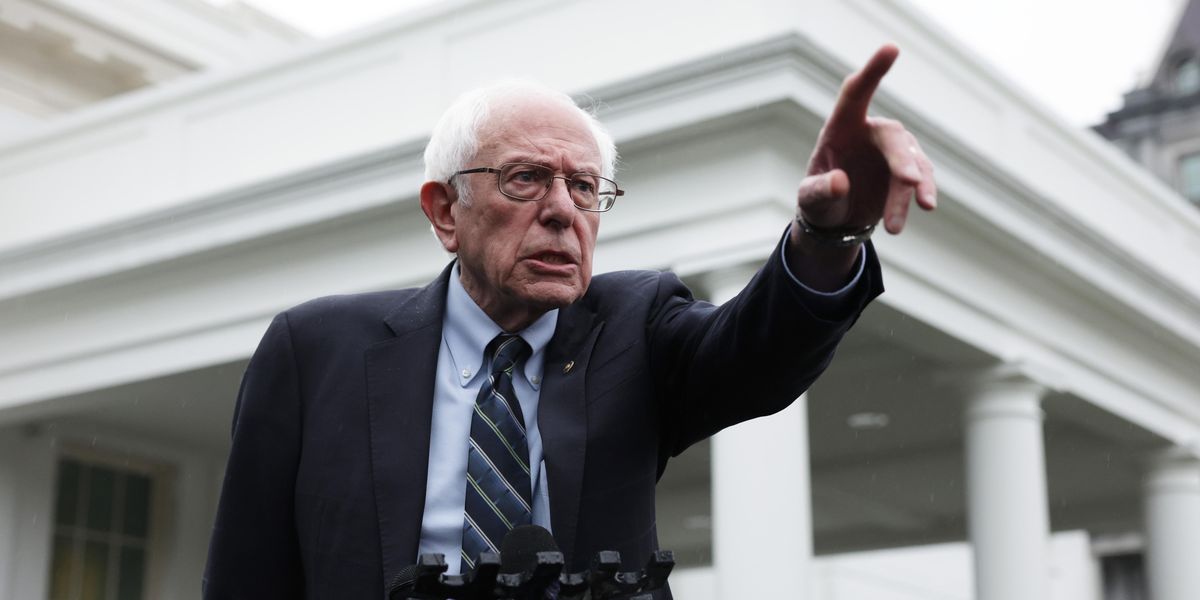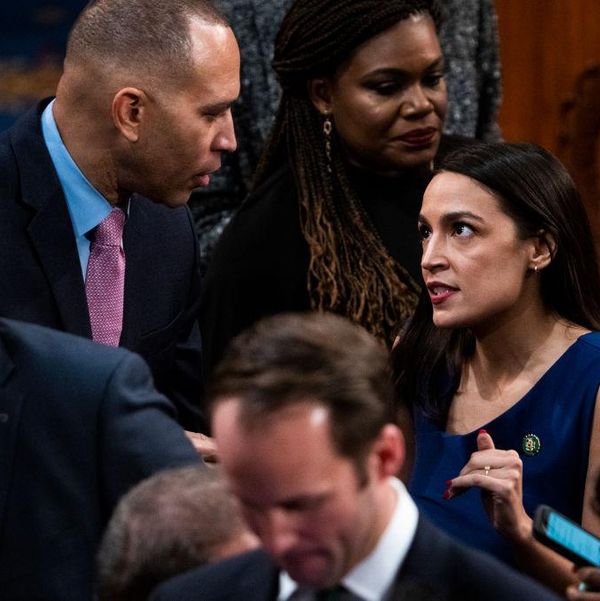This week we welcome back Professor Randall Kennedy to help us pay tribute to three principled, uncompromising African American activists, Glen Ford of Black Agenda Report, human rights champion, Randall Robinson, and legendary actor, singer, and activist, Harry Belafonte.
Randall Kennedy is Michael R. Klein Professor at Harvard Law School where he teaches courses on contracts, criminal law, and the regulation of race relations. He is the author of several books, including Contracts: Happiness and Heartbreak, For Discrimination: Race, Affirmative Action, and the Law, and Say It Loud! On Race, Law, History, and Culture.
You’ve chosen three very interesting people [Randall Robinson, Harry Belafonte, and Glen Ford]. And I think that one thing that the listeners should keep in mind is that the three that you’ve chosen are all progressive; they are very different… Because the tent of progressivism should be a large tent— not everybody’s going to think the same, and indeed there’s going to be some friction between various tendencies among progressives.
Randall Kennedy
I don’t think that progressives pay enough attention to the people who have been in their camp. We don’t pay enough attention to people who have passed away. We don’t pay enough attention to recalling people who have been heroic in our midst. And, again, I say this as a person who is sometimes extremely critical of some of the people that you’ve mentioned.
Randall Kennedy
We need people like Glen Ford to pull in one direction uncompromisingly—because the corporate interests always pull in the other direction uncompromisingly—and then we need people who are in between and sometimes have to face the hard realities you’ve pointed out.
Ralph Nader
In Case You Haven’t Heard
1. The Wall Street Journal and the Corporate Crime Reporter have announced that, following decades of citizen pressure, and action last year by Rep. Mary Gay Scanlon, Senator Richard Blumenthal, and Senate Judiciary Chair Dick Durbin, the Department of Justice has finally created a Corporate Crime Database. Under President Biden, the Justice Department has taken a tougher rhetorical stance on corporate crime, but as Deputy Attorney General Lisa Monaco notes, the department “cannot ignore the data showing overall decline in corporate criminal prosecutions over the last decade…We need to do more and move faster.” Among civic groups, The Center for Study of Responsive Law and Public Citizen lead the charge to create these corporate rap sheets and are already working to expand and strengthen this new resource for corporate crime data.
2. If you live on the East Coast, you have likely experienced dangerous levels of air pollution in the last week due to smoke moving South from Canadian wildfires. Yet, the Lever reports that under current air quality rules, fossil fuel producers will not have to curb their emissions to offset this spike in air pollution because they have successfully lobbied for a loophole protecting themselves in the case of “exceptional events” outside their control. Environmental regulators are currently mulling a new rule to clamp down on this type of air pollution, but face stiff opposition from industry groups.
3. The Washington Post reports that, in an exercise of his leverage in the tightly divided Senate, Bernie Sanders has vowed to oppose all Biden health nominees until the administration produces a “comprehensive” plan to lower prescription drug prices. Sanders’ role as Chair of the Health Education Labor and Pensions committee means these nominees cannot advance without his blessing. This notably includes Biden’s nominee for director of the National Institutes of Health, or NIH. Sanders said “Politicians for years have talked about the high cost of prescription drugs, relatively little has been done, and it’s time that we act decisively.”
4. The Progressive International has issued a statement decrying the “soft coup” underway against left-wing President Gustavo Petro in Colombia. Their statement reads “Ever since the election of the country’s first progressive government…Colombia’s traditional powers have been organizing to restore an order marked by extreme inequality, environmental destruction, and state-sponsored violence.” The statement goes on to excoriate officials who have sought to undermine the Petro administration and “former generals, colonels, and members of the Colombian military [who] have not only proclaimed their opposition to President…Petro — but even marched outside Congress to call for a coup d’état against his government.” Signatories to this letter include over 400 political and industrial leaders, including Noam Chomsky, Jeremy Corbyn, Jean Luc Mélenchon, and Former Leftist President of Ecuador Rafael Correa.
5. The City, a news site covering New York, reports that food delivery drivers in NYC have won a substantial wage increase. This victory caps off a 3-year long campaign by Los Deliveristas Unidos, and makes New York the “first major U.S. city to establish and implement pay requirements for delivery workers.” These workers currently take home about $11 per hour; this will go up to $17.96 an hour starting July 12th, and will increase to $19.96 per hour by 2025.
6. In a surprise decision last week, the Supreme Court voted five-four in favor of Black voters in Alabama who argued the state had unlawfully diluted their voting power, POLITICO reports. Over a quarter of Alabama residents are Black, but the state crammed most Black Alabamians into a single congressional district following the 2020 census, running afoul of the Voting Rights Act. Many expected the ultra-conservative court to reject the challenge and further hollow out the VRA; instead, this ruling could significantly augment the chances of Democrats retaking the House in 2024.
7. In Afghanistan, the Taliban has instituted a “highly successful” ban on opium. To cite one example, “In Helmand, by far Afghanistan’s largest opium-producing province, the area of poppy cultivation was cut from over 129,000 hectares in 2022 to only 740 as of April 2023.” However, some in the West – including the US Institute for Peace – believe this could have disastrous implications for the Afghan economy. It remains to be seen whether the new government can find a viable economic alternative fast enough to offset these losses. The Taliban had previously banned opium cultivation when they held power in 2000 and 2001, and achieved a 90% reduction at that time.
8. New York Governor Kathy Hochul is again licking her wounds after her nominee for the New York Power Authority was blocked by the State Senate, in a similar fashion as her nominee for the New York Court of Appeals, the highest court in the state. Justin Driscoll, whom Hochul had appointed on an interim basis and was seeking to appoint permanently, raised red flags with New York Senate Democrats due to his ingratiation in conservative politics – Driscoll is a registered Republican who has ties to figures like Chris Christie and John Cornyn. Driscoll also opposed the Build Public Renewables Act and has been embroiled in accusations of racial discrimination during his time as general counsel for the Power Authority. On June 9th, POLITICO reported that Senate Democrats will not schedule a vote for Driscoll.
9. Projectionists at an Alamo Drafthouse movie theater in New York City have filed an NLRB petition to unionize. However, instead of coming to the negotiating table, the theater chain sent out an internal email “notifying staff of the company’s intention to do away with the projectionist position and replace it with a more expansive ‘technical engineer’ role.” This reflects how the struggle for labor rights in entertainment goes far beyond Hollywood writers and actors. This from 1010 Wins.
10. Last week, Henry Kissinger – President Nixon’s controversial National Security Advisor and alleged war criminal – celebrated his 100th birthday. The Real News Network reports that this centennial bash was attended by some of the most prominent diplomatic figures in the country, including Secretary of State Anthony Blinken and head of the international development agency USAID, Samantha Power. Jonathan Guyer of VOX, documented many other attendees as well, including Larry Summers, Robert Kraft, General David Petreaus, CIA Director Bill Burns, and Michael Bloomberg. The gang’s all here!
Get full access to Ralph Nader Radio Hour at www.ralphnaderradiohour.com/subscribe
This content originally appeared on Ralph Nader Radio Hour and was authored by Ralph Nader.
This post was originally published on Radio Free.





